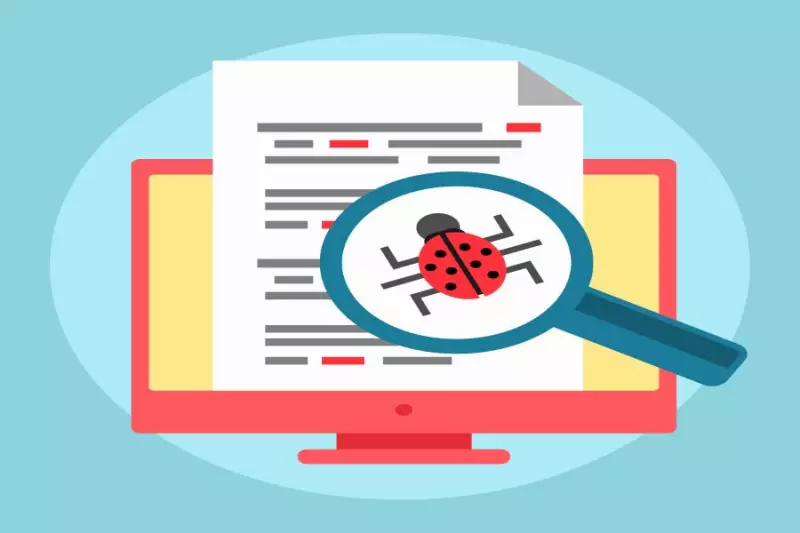How an ex-Amazon Web Services tech Exposed Personal Information's in Capital One Breach
Table of Contents
- When Was the Capital One Breach?
- Capital One Data breach of 2019 How to Check If you were Breached
- What to Do if Your Victim of Capital One Breach
- Any Lawsuits and Settlements for Capital One Breach?
- Can My Information from Capital One Security Breach be Used for Identity Theft?
- What to Do to Protect Yourself
- By David Lukic
- Published: Feb 11, 2021
- Last Updated: Mar 18, 2022
If you have read the news lately, you have heard about the capital one breach latest bank hack, which affected over 100 million Capital One customers. The hacker, Paige Thompson (33), an ex-Amazon Web Services tech, was able to exploit a vulnerability in Capital One’s server firewall and steal millions of credit applications going back to 2005 up to 2019. The data stolen was personal information like names, addresses, income sources, dates of birth, phone numbers, email addresses, and social security numbers. Capital One states that no credit card numbers were stolen in capital one cyber incident. Additionally, Capital One reports that some additional types of information were stolen such as:
- “Customer status data, e.g., credit scores, credit limits, balances, payment history, contact information.
- Fragments of transaction data from a total of 23 days during 2016, 2017, and 2018.
- About 140,000 Social Security numbers of our credit card customers.
- About 80,000 linked bank account numbers of our secured credit card customers.”
When Was the Capital One Breach?
The Capital One data breach occurred on March 22nd and 23rd of this year. Capital One discovered the incident on July 19, 2019 and worked closely with the FBI to catch the criminal and recover the data. The FBI believes that none of the information was used for fraud or identity theft.
Capital One Data breach of 2019 How to Check If you were Breached

What to Do if Your Victim of Capital One Breach
Although Capital One and the FBI are assuring customers that none of the data was used for fraud, you may still want to explore a Capital One data breach 2019 check by contacting them and reviewing your credit reports with each of the credit reporting agencies. To get a copy of your credit report use this link: www.annualcreditreport.com. You can also contact each agency easily using the numbers below:
- Equifax : 1-800-525-6285; Equifax Information Services LLC, P.O. Box 105069, Atlanta, GA 30348-5069.
- Experian : 1-888-EXPERIAN (397-3742); P.O. Box 9532, Allen, TX 75013.
- TransUnion : 1-800-680-7289; Fraud Victim Assistance Department, P.O. Box 2000, Chester, PA 19016.
Any Lawsuits and Settlements for Capital One Breach?
Currently, there are no lawsuits or Capital One data breach 2019 settlements, but Capital One is offering all customers TransUnion credit monitoring for two years. You can sign up for this service by contacting TransUnion directly or call Capital One at 1-844-388-8999.
Can My Information from Capital One Security Breach be Used for Identity Theft?
Even without being exposed to a data breach, your information may be stolen and used for identity theft. The perpetrator of this Capital One data breach posted some of the information online and tried to sell it but was caught before doing so. Even with reassurances by Capital One and the FBI, your personal details could have been leaked to someone with the intent of using it to defraud you. Be on the watch for phone calls or phishing emails in connection with Capital One breach. Capital One will only contact you by mail if you were affected.

What to Do to Protect Yourself
The best protection for this type of incident is to sign up for credit monitoring and watch your accounts closely. Additional tips to stay safe are:
- Change your bank and credit card login passwords often (and use complex combinations of letters, numbers, and symbols).
- Another option is to put a credit freeze on your accounts so no new accounts can be opened in your name with your express permission.
- If you receive any suspicious emails that look like they came from Capital One, forward them to abuse@capitalone.com. Do not open any attachments or click any links.
- If you think you have been a victim of fraud, contact banks or credit cards and report it. Have your credit card numbers and PINs changed as well.
















